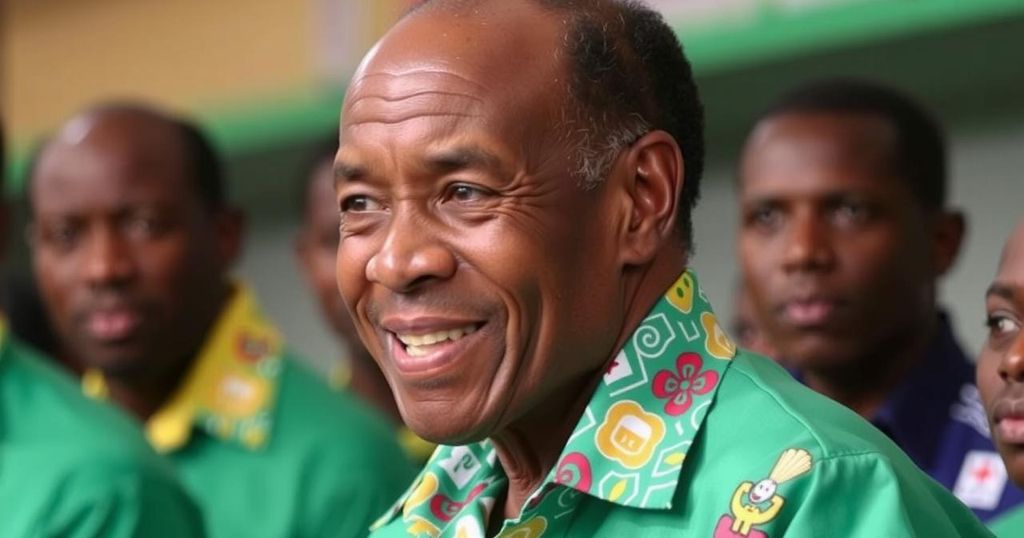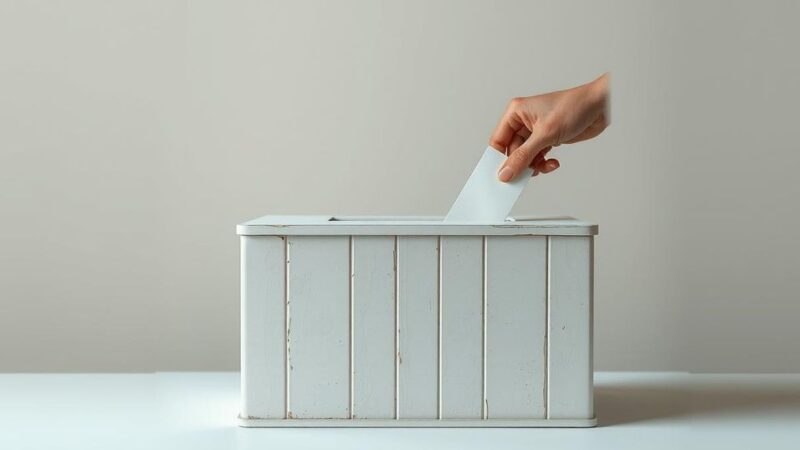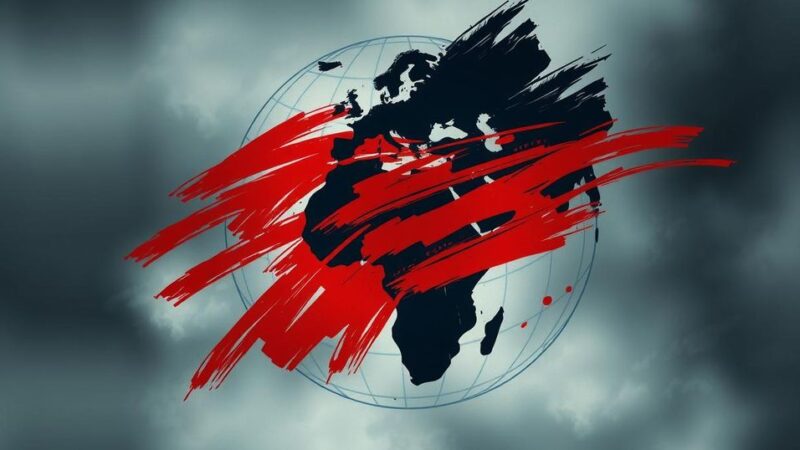Chad is conducting parliamentary elections for the first time in over a decade, following a transitional military government. Many opposition parties are boycotting the elections, alleging unfair practices by the ruling Patriotic Salvation Movement (MPS). Amidst various security threats, the legitimacy of the election is contested, with rights groups calling for inclusivity to ensure a credible process.
Chad is experiencing significant political change as the nation holds its first parliamentary elections in over a decade. These elections are viewed as a critical step in transitioning from military to civilian governance following the death of former President Idriss Déby in 2021. Despite efforts from the ruling Patriotic Salvation Movement (MPS) to facilitate a democratic process, many opposition parties are boycott the elections, questioning their legitimacy. The elections coincide with ongoing security challenges, including conflicts with neighboring Sudan and insurgent activities by Boko Haram.
The 8.3 million registered voters in Chad will select representatives for the 188-seat parliament, where a simple majority of 95 seats is necessary for control. Despite the MPS’s dominance, over 100 parties with approximately 1,100 candidates are contesting the elections. Opposition leaders argue that the election lacks fairness due to the absence of many grassroots political voices and the ongoing repression of dissent. Rights advocates express concerns that without inclusive participation, the elections cannot be considered credible.
The backdrop to this voting process involves a lengthy absence of parliamentary elections since 2011, attributed to both financial constraints and political turmoil. Following a postponed election schedule exacerbated by the COVID-19 pandemic, the military government led by Mahamat Idriss Déby was established, formally dissolving parliament and implementing a transitional military council. Despite previous promises leading up to these elections, criticism remains regarding the fairness of the electoral process.
As Chad embarks on this electoral journey, the outcome will be a litmus test for the government’s capacity to uphold democratic standards amid dissenting voices. Should the MPS secure a majority, it will reinforce the Deby family’s entrenched influence in Chad, while opposition groups plan to monitor and challenge alleged electoral irregularities. The international community and rights organizations remain watchful, urging adherence to principles of democracy and equity in the electoral process, marking a crucial chapter in Chad’s political trajectory.
Chad’s parliamentary elections mark a significant political milestone as they are the first in more than a decade, following a transitional period initiated after the death of long-time leader Idriss Déby in 2021. This transitional period has been characterized by a military-run government, led by his son, Mahamat Idriss Déby, who seized power in a coup. The elections represent a critical juncture for Chad, a nation plagued by security issues, poverty, and political oppression that has historically undermined democratic processes. Opposition parties oppose the elections, claiming they lack inclusivity and fair representation, igniting widespread skepticism about the legitimacy of the electoral process. As the nation navigates these challenges, the outcome of the elections could potentially solidify the ruling party’s power or catalyze a more participative political landscape.
The parliamentary elections in Chad signify a pivotal moment in the country’s pursuit of democracy, occurring after a long hiatus due to political instability and military governance. However, the widespread boycott by significant opposition parties raises critical questions regarding the elections’ legitimacy and the potential for fair representation. With ongoing security and humanitarian challenges, the forthcoming results will undoubtedly shape Chad’s political future, as stakeholders, both national and international, closely monitor the electoral integrity and overall democratic transition.
Original Source: www.aljazeera.com







